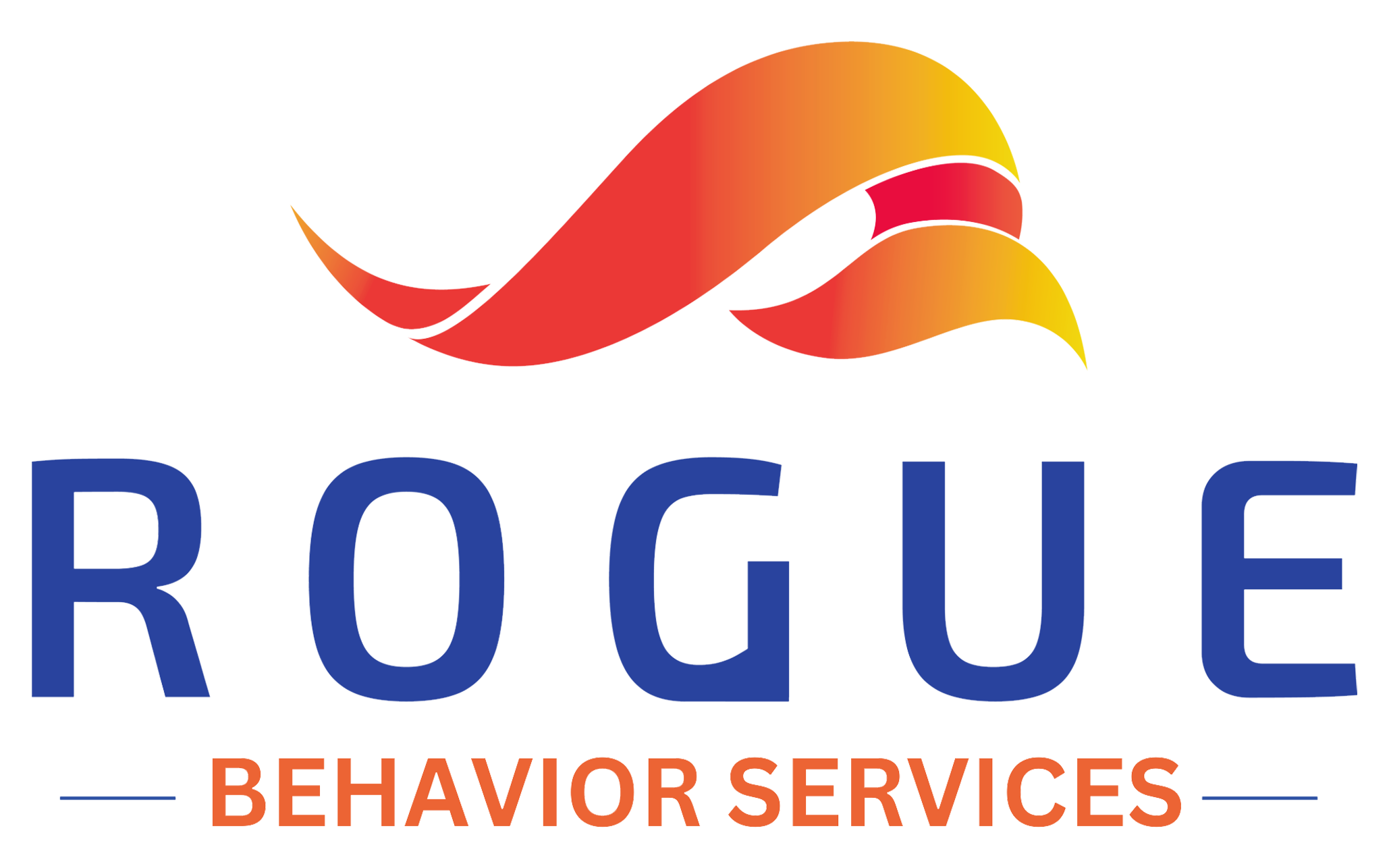Applied Behavior Analysis (ABA) Therapy in Utah
Looking for ABA therapy near you? Our local experts offer personalized ABA therapy tailored to meet the unique needs of your child, ensuring effective support right in your community.
What is ABA Therapy?
ABA Therapy, or Applied Behavior Analysis, is a compassionate and scientifically-proven approach that helps children with autism and other developmental disorders enhance their social, communication, and learning skills. This method involves breaking down complex behaviors into more manageable components, using positive reinforcement to encourage desirable behaviors, and systematically teaching new skills.
The therapy is highly personalized, crafted to meet the unique needs and potential of each child. By focusing on individual strengths and challenges, ABA Therapy promotes meaningful improvements in essential life skills. This includes not only communication and social interactions but also self-care, play, and academic abilities, making it a comprehensive tool for development.
Moreover, ABA Therapy fosters a deeper connection between children and their environments, enabling them to engage more fully with the world around them. The use of positive reinforcement enhances motivation and enjoyment in learning, which is crucial for children’s ongoing development. It helps build confidence and self-esteem, as children see their own progress through consistent, positive feedback.
- Enhances communication and language skills.
- Improves social interactions and relationships.
- Reduces problematic behaviors effectively.
- Boosts academic performance and learning.
- Promotes independence and daily living skills.
- Increases overall family engagement and support.
Why choose Rogue for your ABA Therapy needs?
At Rogue Behavior Services, we blend expert knowledge with genuine care, ensuring each child receives personalized and impactful support. Our team is committed to using the latest, evidence-based techniques in Applied Behavior Analysis (ABA) to make real improvements in behavior, helping every child achieve their full potential.
We tailor our strategies to meet the unique needs of each child, fostering an environment where they can thrive. Our commitment to excellence means we continually update our practices and training, ensuring we’re equipped with the most effective treatments.
We also work closely with families, offering guidance and support. This collaboration not only boosts the effectiveness of our interventions but also strengthens the support network around each child, helping them succeed in all aspects of life. Our approach is about making a lasting difference, providing each child with the tools for success and happiness.


Find Out If You Qualify
Complete the form below and expect a response within 24 hours, or call us directly at (385) 446-0733 for immediate assistance—we’re here to help.
ABA Therapy Frequently Asked Questions (FAQs)
Explore our FAQ section for answers to common questions about ABA Therapy and how our services can support your needs. If you have further questions, please don’t hesitate to contact Rogue Behavior Services directly at (385) 446-0733—we’re here to help!
ABA Therapy works by breaking down complex skills into smaller, manageable steps and using reinforcement techniques to encourage positive behaviors and reduce undesirable ones.
- Step-by-Step Learning: Simplifies learning by breaking down tasks.
- Positive Reinforcement: Encourages desired behaviors through rewards.
- Customized Approaches: Tailored specifically to each individual’s needs.
ABA Therapy is primarily used for individuals with autism spectrum disorder but can also benefit those with other developmental issues or behavioral challenges.
- Autism Spectrum Disorder: Particularly beneficial for these individuals.
- Behavioral Challenges: Helps manage and modify challenging behaviors.
- Developmental Delays: Assists in overcoming various developmental hurdles.
A typical ABA Therapy session involves one-on-one interaction between the therapist and the client, focusing on specific behaviors through guided activities and structured teaching moments.
- One-on-One Sessions: Personalized attention to the client.
- Guided Activities: Structured for learning and behavior improvement.
- Goal-Oriented: Each session aims at specific behavioral goals.




